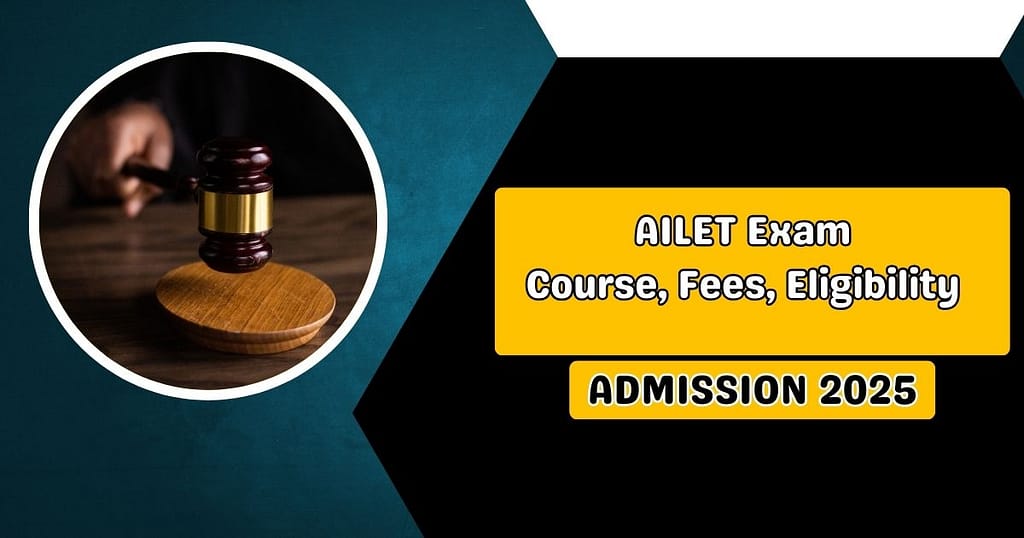
AILET Exam 2026: The primary seat allocation rundown of AILET has been delivered, and applicants are welcome to affirm before the cut-off time lapses. AILET 2021 outcome and legitimacy list were reported on August 4.
The legitimacy list PDF was delivered independently for BA LLB (Hons) and LLM on the authority site of NLU Delhi.
The legitimacy list includes the application numbers, roll numbers, absolute scores, and positions of the relative multitude of upcomers who have shown up for the placement test. Based on the AILET merit list, upcomers were shortlisted for guidance.
The guiding timetable has likewise started from August 5, 2021.
AILET 2021 answer key (expert) and Master question booklet have been delivered. The links to download the appropriate response key and question booklet are on this page. AILET 2021 was led on July 30 from 2-3:30 PM in disconnected pen and paper mode.
Here, findmecollege has laid down below a detailed structure of AILET, including its registration process, exam fees, eligibility, exam pattern as well as syllabus:

REGISTRATION PROCESS & FEES:
Adhere to the given directions for filling out the online application type of AILET precisely:
- Snap-on the immediate connection of enlistment referenced toward the start of this article.
- You will be diverted to the ‘login page’ where you must tap ‘make another record’.
- In the wake of filling the subtleties into the ‘client enrollment structure’, check the subtleties cautiously before submitting them.
- Presently, sign in utilizing the certifications and snap on ‘National Law University’ from the rundown of schools.
- Pick the significant application structure and snap on ‘apply’.
- Enter every one of the recommended subtleties referenced in the application structure. Try not to leave any segment of the application structure deficient.
- Present the subtleties and continue to the fee payment entryway to present the application charge.
- On the fee submission page, pick ‘method of payment’ and confirm the sum.
- AILET Application Fee– You can make the payment online with credit cards, debit cards, or net banking assistance.
- Competitors falling under the classification of SC/ST beneath the destitution line have been absolved from paying the application expense.
- Registration fees for Unreserved/ OBC/ EWS/ Foreign Nationals/ Kashmiri Migrants is Rs. 3050, and for SC/ST & PWD candidates is Rs.1050.
- After submitting the fees, you will get an affirmation on your enlisted e-mail ID.
- Documents required for registration are an e-mail address, mobile number, and scanned copy of the photograph in the prescribed format and dimensions.
ELIGIBILITY:
FOR UG PROGRAMME:
- Applicants probably qualified for the Senior Secondary School Examination (10+2 example) or Equivalent Examination with at least half checks.
- The applicants showing up in the class 12 assessment in March or April 2021 are additionally qualified to apply.
- Complete Number of Seats accessible for BA LL. B is 120, among which 110 Seats will be chosen based on merit through the All India Law Entrance Test (AILET), and 10 Seats will be accessible for direct admission to Foreign Nationals based on merit (5 seats for Foreign Nationals and five seats for OCI/PIO).
- Outside Nationals will be absolved from AILET 2021. They can look for confirmation that they fired 65% of imprints in the passing assessment.
- Upcomers finishing the passing assessment from a perceived School/College/Institute inside Delhi’s National Capital Territory (NCT) will be qualified to apply for seats saved for Delhi Region.
- For distance training understudies, if the focal point of assessment/study focus is situated in the NCT of Delhi, the competitor will be considered under the Delhi Region. If the focal point of assessment/study focus is located outside the Delhi district, the individual in question will be considered under the All-India Level seats.
- For qualification on saved seats of SC/ST/OBC/EWS classifications under Delhi NCT, the applicants should fulfil the conditions referenced above. They should likewise have classification or standing authentication given by the equipped authority of the Government of Delhi. Testament given by some other position won’t be acknowledged for confirmation on these seats.
- Note: One extra effusive seat will be held for Kashmiri Migrants. Two extra effusive seats will be held for Residents of Jammu and Kashmir.
FOR PG PROGRAMME:
- To qualify for the LL.M program, applicants probably passed the LLB degree or comparable with basically 55% imprints in total from a perceived college. The pass rate for held competitors will be half-stamped, i.e., SC/ST/PWD.
- Applicants showing up for the tests around the same time or anticipating the aftereffects of passing the test may likewise apply and take AILET. The qualification for such up-and-comers will be acquired by the last date and announced alongside the passage test result notice. If the upcomer needs to show up for a compartment in the time of affirmation, they will be dealt with ineligible.
- Qualification for Foreign Nationals Candidates- They will be absolved from stepping through the examination. If the OCI/PIO competitor applies under the Indian National class, they need to show up in AILET alongside different upcomers.
- Applicants probably got 55% imprints or comparable in LL: b or an identical degree perceived by the UGC or Association of Indian Universities.
EXAM PATTERN:
AILET UG
- The paper comes in the English language.
- For 1 hour 30 minutes duration.
- In offline mode.
- Questions come in MCQs format.
- It consists of 150 MCQs for 150 marks.
- Subjects & weightage it consists of are- English Language (35 questions), General Knowledge (35 questions), Legal aptitude (35 questions), Logical Reasoning (35 questions), and Elementary Mathematics (10 questions).
- Each question contains one mark, and 0.25 marks are to be deducted for every wrong answer.
AILET PG
- The paper comes in the English language.
- For 1 hour 30 minutes duration.
- In offline mode.
- It consists of 100 MCQs for 100 marks, and 50 marks are reserved for an essay.
- Subject & weightage are Constitutional Law, Contract, Torts, Criminal Law, International Law, IPR and Jurisprudence, Property Law, Legal Theory, and Family Law.
- Each question contains one mark; 0.25 marks are to be deducted for every wrong answer, and there is no negative marking for the descriptive section.
SYLLABUS:
AILET UG
- English including perception: The English area will test the up-and-comers’ English capability, which will depend on cognizance sections and punctuation. In the cognizance area, up-and-comers will be addressed on their comprehension of the section and its focal topic, implications of words utilized, and so on. The punctuation area requires the revision of mistaken syntactic sentences, filling spaces in sentences with proper words, and so on.
- General Knowledge and Current Affairs: The General information will be tried on broad mindfulness, including static general information. Inquiries on current undertakings will test up-and-comers’ insight into current public and worldwide issues.
- Mathematics: This segment will test the up-and-comer’s information on rudimentary arithmetic, i.e., maths instructed up to tenth Class/standard.
- Legitimate Aptitude: This segment will test the up-and-comer’s advantage in the investigation of law, research fitness, and critical thinking capacity. Questions might incorporate lawful suggestions (depicted in the paper) and a bunch of realities to which the recommendation must be applied. A few tips may not be “valid” genuinely; applicants should expect to be the “reality” of these recommendations and answer the inquiries appropriately.
- Logical Reasoning: The motivation behind the consistent thinking segment is to test the competitor’s capacity to distinguish designs, coherent connections, and correct unreasonable contentions. It might incorporate various intelligent thinking questions like arguments, legitimate groupings, analogies, and so forth. In any case, visual thinking won’t be tried.
AILET PG
- Constitutional Law: Constitutional law expresses the job, powers and construction of the chief, the parliament or law-making body, and the legal executive. It further arrangements with the essential rights and obligations of the country’s residents.
- Administrative Law: Administrative Law is another assemblage of laws dependent on which policy implementation works or does not. In basic words, it is the activity of force by the Indian leader.
- Family Law: Family law spins around family debates, divorces, relationships, legal detachment, pre and post-marital arrangements, surrogacy and reception, common association, and so on
- Property Law: A space of law, property law directs the various types of proprietorships and the property rights in India incorporate command over the property, right to move or sell the property, right to prohibit others from the property, etc.
- Company Law: All the organizations in India are managed by the Indian Companies Act, 2013, wherein angles like organization establishments, board administration, representative rights, obligations of the Director, CSR, and so forth become possibly the most critical factors.
- Tax Law: It depends on the job of public experts on citizens and how the legislatures reserve the privilege to force charges on residents.
- Environmental Law: It is a legitimate region that spotlights the administration of the accessible normal assets, administrative bodies for the insurance of the equivalent and how the non-human world needs to be treated by individuals.
- Labour Law: This law manages the connection between business substances, labourers/workers, worker’s guilds and the public authority to shield the specialists’ rights.
- Industrial Law: This arrangements with the laws that administer the ventures and regions like modern relations, work wellbeing guidelines, natural concerns and obligation towards it, and so on
- Jurisprudence: It is only the study of law and the thinking being the composed law.
- Law of Contracts: This alludes to the arrangements among substances and the law that secures and administers the concerned gatherings to the understanding.
- Criminal Law: It manages wrongdoing and the disciplines for individuals who have perpetrated wrongdoing as per the Indian Constitution.
- International Law: The space of law alludes to the relationship and dealings alongside the arrangements and arrangements between countries. It likewise expresses the lawful obligations of a country towards another country.
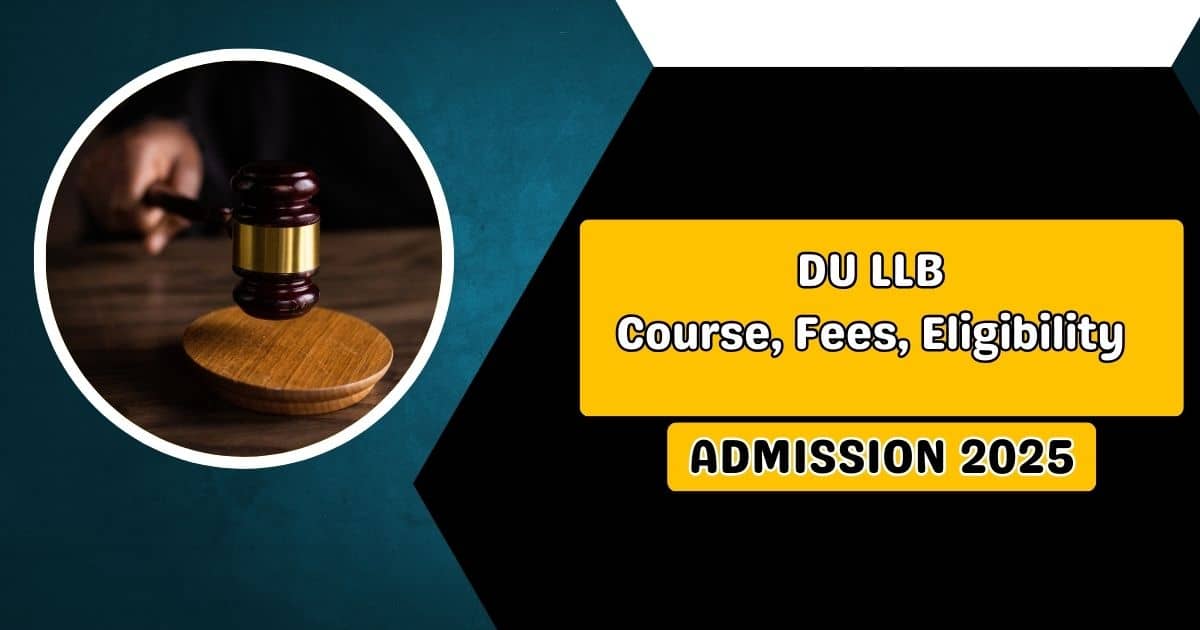
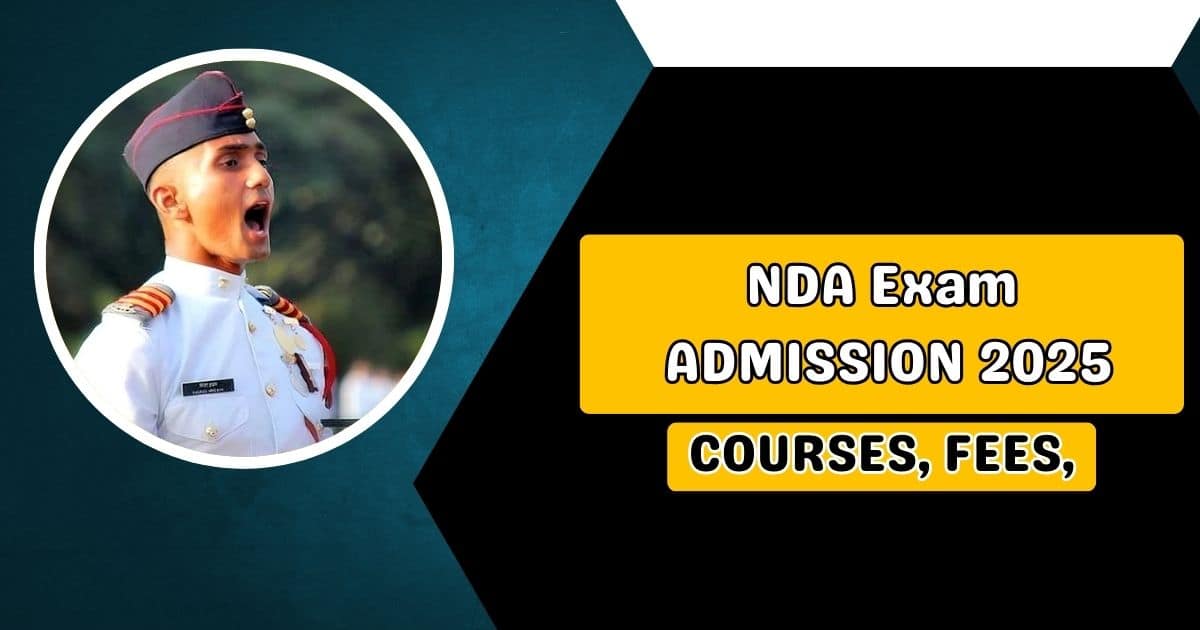
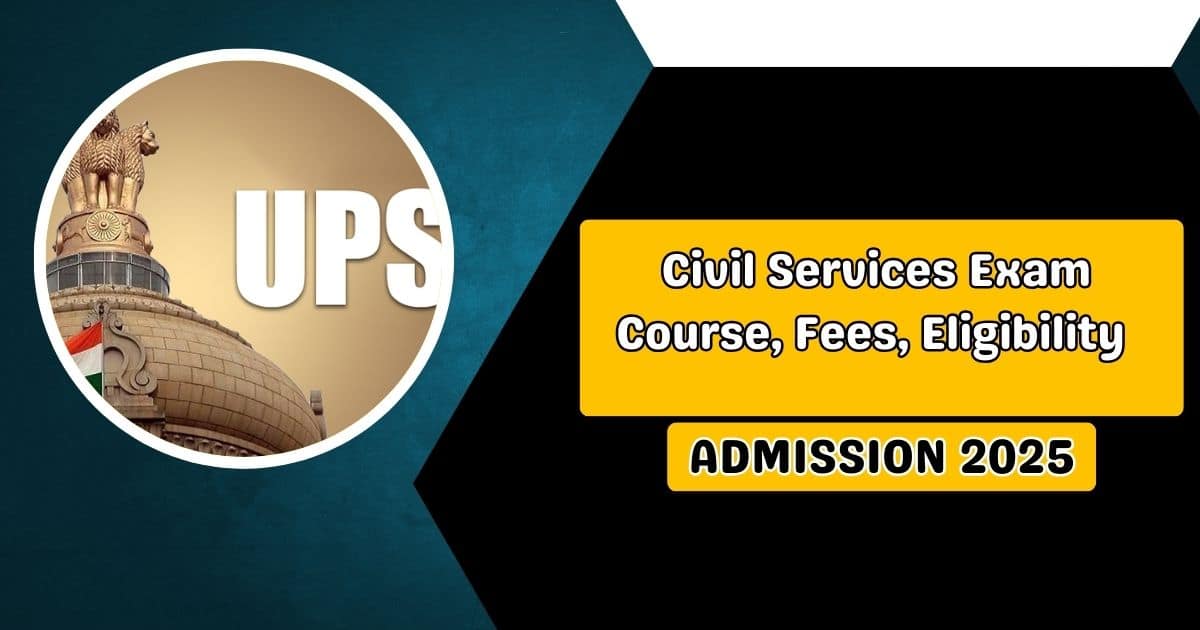
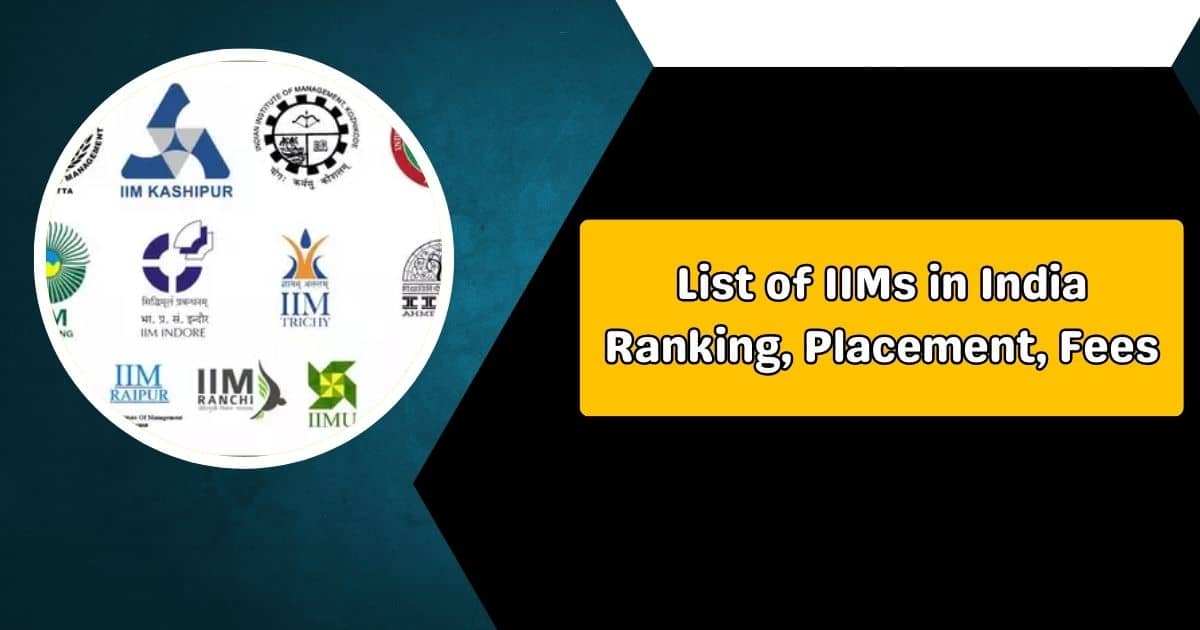
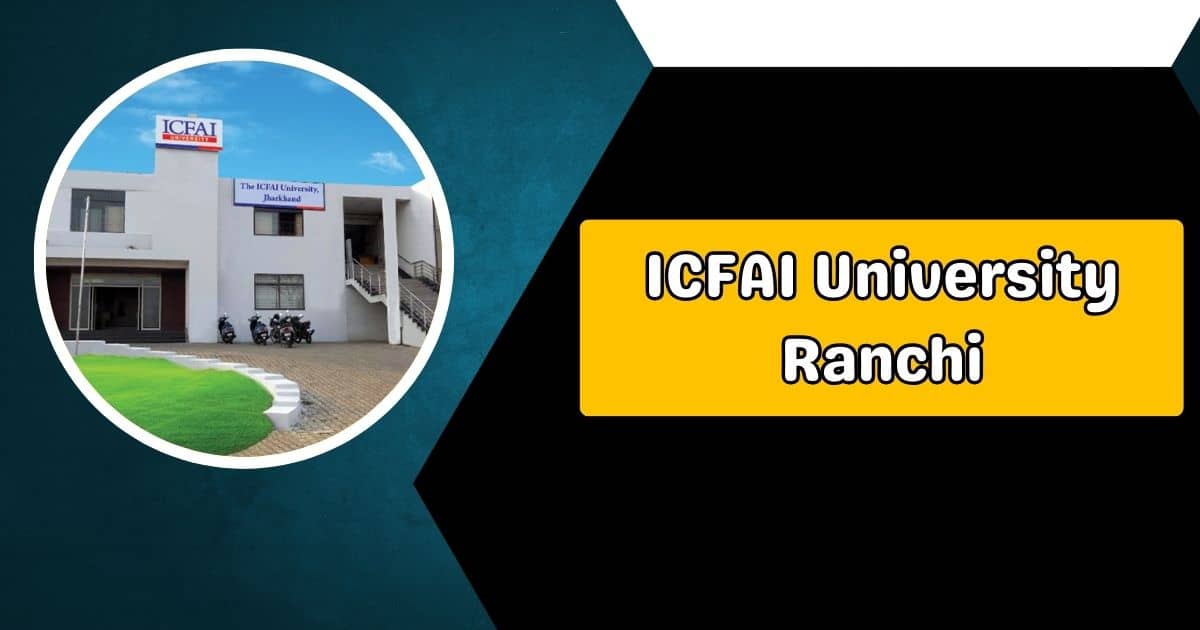
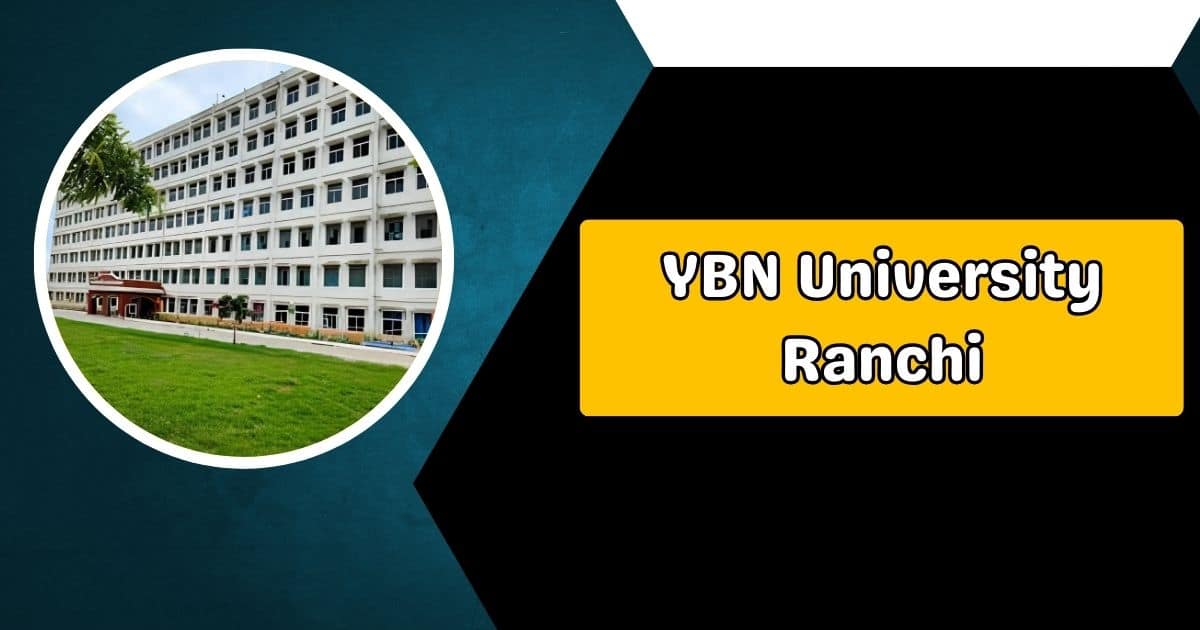

29 thoughts on “AILET Exam 2026: Dates, Eligibility, Application Form, Syllabus & Pattern, Question Papers, Preparation Tips”